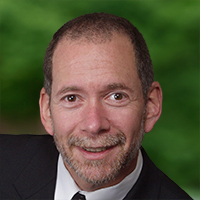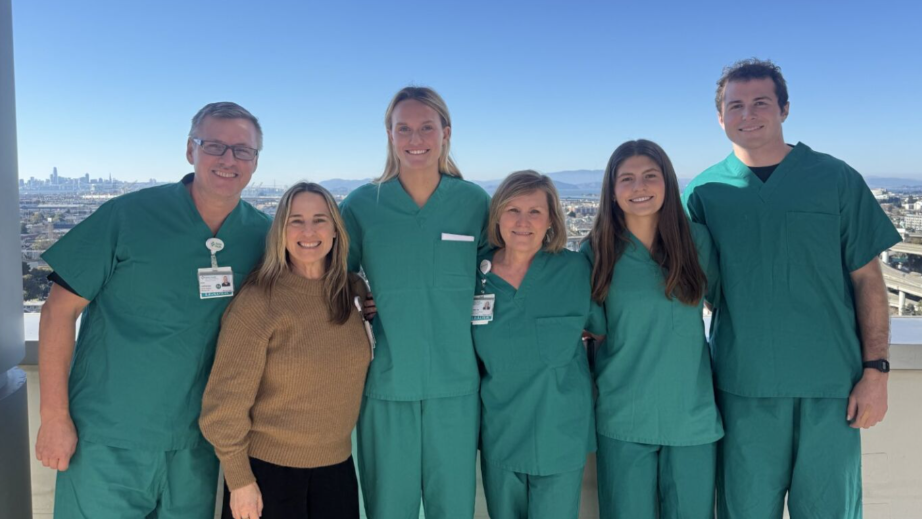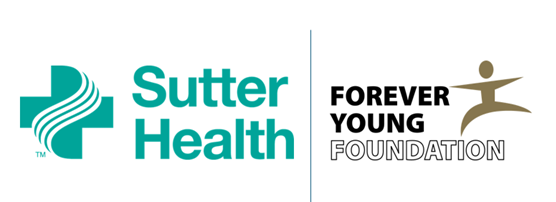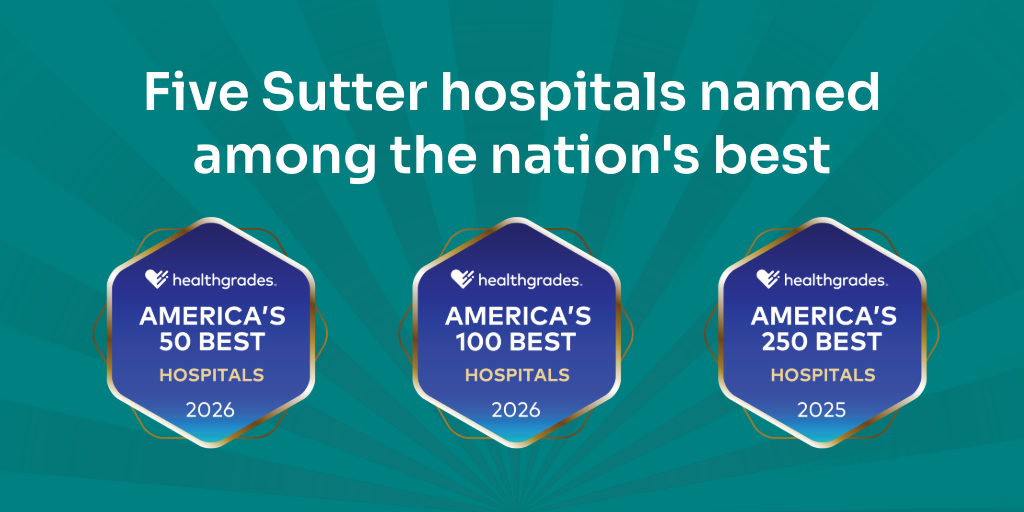By Kathy Engle, Vitals contributor
Jerry Enos helped students discover and nurture their talent during his four-decade career teaching theater design in higher education. But perhaps the most important aid he offered young artists was a safe space. By listening and seeing them as they are, he provided a haven for those who identified as gay, lesbian, transgender, non-binary, bisexual, queer or questioning.
One particularly talented student confided in Enos that she would be more comfortable as a male, but worried about how to tell her parents. Enos counseled the student and her parents, reminding them that love and empathy mattered most. “That conversation was over 10 years ago, and I’ve seen this individual thrive since then,” Enos recounts. “He has since told me that he wouldn’t be alive today if he hadn’t been able to call me at a moment’s notice.”
Enos was a lifeline for other students, too, who struggled with gender dysphoria or internalized homophobia. “I checked in on them and helped them find support.” At the same time Enos was a role model for colleagues at the universities where he worked.
Then, a few years ago, Enos realized his own primary care physician was doing much the same.
Palo Alto Medical Foundation physician, Dr. Barry Eisenberg, has provided focused sexual health care for LGBTQ+ people since the mid 2000s and gender-affirming care since 2014. He’s also been a role model for other doctors, going so far as to co-create a curriculum to better educate his peers about LGBTQ+ care.
“This group of patients is among the most discriminated against in healthcare,” Dr. Eisenberg says. “According to recent studies, 70% to 90% have felt some discrimination. I just knew that every time a doctor interacts with a transgender or LGBTQI+ person is an incredible opportunity to change this narrative and provide a welcoming environment.”
Dr. Eisenberg’s vision became concrete when, in 2016, he received funding from the PAMF philanthropy team’s Innovation Awards to help train frontline staff on the appropriate ways to address transgender and nonbinary patients. The initiative also involved creating options inside the electronic health record to indicate patients’ preferred pronouns.
These efforts and others are now codified into a Comprehensive Gender Care Program that, thanks to additional philanthropic support, is expanding across the Sutter Health system. One individual gift that Dr. Eisenberg received for his program came from a special patient: Jerry Enos and his husband Kevin. “Jerry brought it up during an appointment, and I was bowled over,” Dr. Eisenberg says. “In 32 years of practice, I had never had a patient offer to support my work. It was a wonderful feeling.”
Dr. Eisenberg and his team are using the donated funds to expand evidence-based, culturally competent medical education to physicians, clinicians and staff. Funding is also set aside to send healthcare professionals to conferences for more in-depth training.
Advocates Enhance Impact of Care
In another facet of its expansion, the Comprehensive Gender Care Program brought on a program manager and two gender care advocates in early 2023. These individuals inform doctors and employees about the resources within Sutter Health for LGBTQI+ patients. They also help patients navigate their care options within Sutter and point them toward trans-friendly community resources.
The gender care advocates also brought all of Sutter’s virtual resources for the LGBTQ+ community into one convenient website here. “Now we operate as a clinic without walls,” explains Kat Brooks, Comprehensive Gender Care Program manager. “Spanning across all Sutter medical groups to serve as a referral team for providers and psychosocial support for patients and families.”
The work of Brooks and team are part of why 19 Sutter Health sites recently earned recognition as LGBTQ Health Care Equality Leaders by the Human Rights Campaign Foundation.
With the advocates in place, and thanks to their many efforts, the number of patients served by the program has been steadily growing. “I’ve had parents crying on the phone asking how to help their children, and I’m so happy that I can,” says Brooks.






